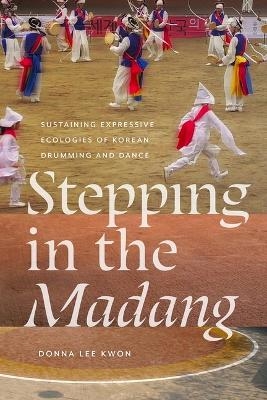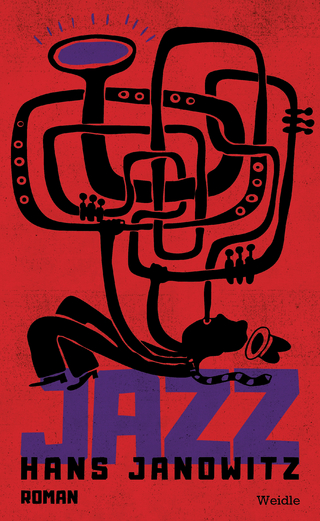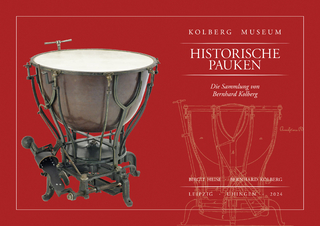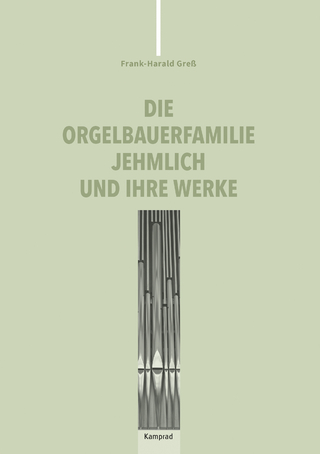
Stepping in the Madang
Sustaining Expressive Ecologies of Korean Drumming and Dance
Seiten
2024
Wesleyan University Press (Verlag)
978-0-8195-0140-0 (ISBN)
Wesleyan University Press (Verlag)
978-0-8195-0140-0 (ISBN)
Site-specific expressive ecologies sustain Korean folk culture in a globalizing world
/>
/>The madang is a key space and concept for Korean drummers and dancers. Literally a village circle, the madang is also a metaphor for an expressive occasion or cultural space of embodied participation. Korean performers step in the madang as a means of bringing their bodies into purposeful contact with the particular time and place of performance. Kwon contends that the participatory way of being that is cultivated in the madang counteracts the fossilization of tradition by bringing folk practices more fully into the embodied present, even if in an idealized fashion. The madang draws attention to the body; it increases one's awareness of space and place; and it creates open-ended performances that are conducive to a more dynamic range of social interactions. The book starts with a study of a Korean p'ungmul group that maintains a vibrant, expressive ecology in rapidly globalizing Korea. Kwon documents how historical trends, transmission practices, communal labor, and performative ritual all support this expressive ecology. The book then examines how these practices inspire meaningful, site-focused expressions of folk culture in regional, national, and transnational spaces.
/>
/>The madang is a key space and concept for Korean drummers and dancers. Literally a village circle, the madang is also a metaphor for an expressive occasion or cultural space of embodied participation. Korean performers step in the madang as a means of bringing their bodies into purposeful contact with the particular time and place of performance. Kwon contends that the participatory way of being that is cultivated in the madang counteracts the fossilization of tradition by bringing folk practices more fully into the embodied present, even if in an idealized fashion. The madang draws attention to the body; it increases one's awareness of space and place; and it creates open-ended performances that are conducive to a more dynamic range of social interactions. The book starts with a study of a Korean p'ungmul group that maintains a vibrant, expressive ecology in rapidly globalizing Korea. Kwon documents how historical trends, transmission practices, communal labor, and performative ritual all support this expressive ecology. The book then examines how these practices inspire meaningful, site-focused expressions of folk culture in regional, national, and transnational spaces.
| Erscheinungsdatum | 01.11.2024 |
|---|---|
| Zusatzinfo | 11 tables, 21 figures |
| Sprache | englisch |
| Maße | 152 x 229 mm |
| Themenwelt | Kunst / Musik / Theater ► Musik ► Instrumentenkunde |
| Kunst / Musik / Theater ► Musik ► Pop / Rock | |
| Sozialwissenschaften ► Ethnologie | |
| Sozialwissenschaften ► Soziologie | |
| ISBN-10 | 0-8195-0140-9 / 0819501409 |
| ISBN-13 | 978-0-8195-0140-0 / 9780819501400 |
| Zustand | Neuware |
| Haben Sie eine Frage zum Produkt? |
Mehr entdecken
aus dem Bereich
aus dem Bereich
Roman
Buch | Hardcover (2024)
Wallstein Erfolgstitel - Belletristik und Sachbuch (Verlag)
20,00 €
die Sammlung von Bernhard Kolberg
Buch | Hardcover (2024)
E Reinhold (Verlag)
39,00 €


